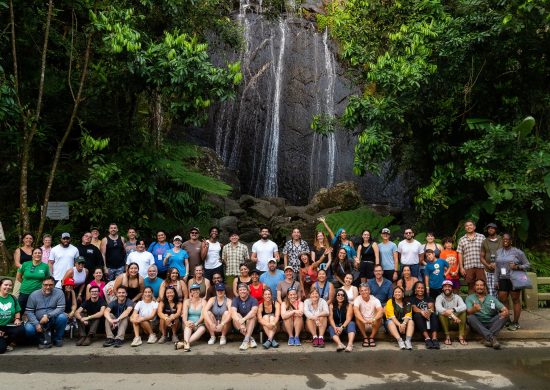This week, we condemned insurrectional violence in the heart of our Capitol. Today, we join the calls of others for unity and a recommitment to civility in our public life.
But the normalization of aberrant behavior by the President and other leaders, and the surrounding, broader canvas of racism and systemic injustice laid bare this year, is not self-correcting. Both require a reckoning and acts of justice on which a new spirit of mutualism might be created.
In the near-term, actions should have consequences, particularly those as destructive to the nation as were perpetrated by those who illegally entered the Capitol and by a President who—boastfully, in full view—fomented an attack on the nation and its most cherished traditions.
These actions, however, are not just violations of law; they also sought something equally or more sinister: to desecrate and terrorize, to inflict trauma. Accordingly, the insurrection must be met with a fierce resolve to ensure accountability for the full force of its impact. This means treating insurrectional actions as such—and finding and prosecuting perpetrators. It also requires treating violations of the sacred oath of the Presidency as such—and removing the President.
Beyond these essential actions, the nation—and as part of it, the environmental community of which our Foundation is a part—also must address systemic injustice and racism. While yesterday’s actions are in one sense unique and without precedent, many of their ingredients are most certainly not. We do not yet know why the Capitol was so readily breached. But we do know that the contrast in treatment of white supremacist insurrectionists, on the one hand, and Black, Brown, and Indigenous peaceful protesters during the summer, on the other, is as plain as day.
Among other things, foundations, like ours, and their partners must center justice and equity in their work and relationships, support frontline communities in meeting needs they identify, and foster new collaborations that meet the scale of the challenges we face. We can all drop the toxic and fantastical pretense that one organization alone, or even a few, can address the environmental and justice challenges that are mounting. In its place, we can take up a truer and more impactful approach that supports anti-racist and feminist leadership and principles, and values the expertise derived from lived experience as much as from academic study. We can be part of, and encourage others to join in, what Ayana Elizabeth Johnson and Katherine K. Wilkinson in All We Can Save have called the “mosaic of voices—the full spectrum of ideas and insights for how we can turn things around.”
This is the vision that gives us inspiration, that can help guide us out of the storm. It is one to which our Foundation—our trustees, our team, and I—is more committed to than ever.



